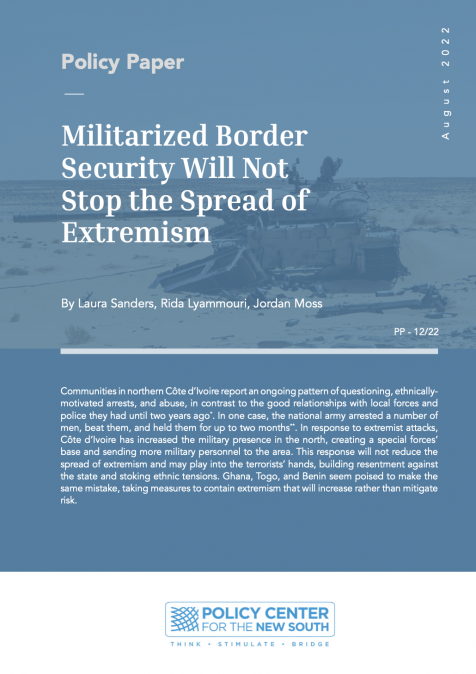Publications /
Paper in Academic Journals
The proliferation of community-based armed groups (CBAGs) in Mali’s Mopti and Ségou Regions has contributed to transforming Central Mali into a regional epicenter of conflict since 2016. Due to the lack of adequate presence of the state, certain vulnerable, conflict-affected communities resorted to embracing non-state armed groups as security umbrellas in the context of inter-communal violence. These local conflicts are the result of long-standing issues over increasing pressure on natural resources, climate shocks, competing economic lifestyles, nepotistic and exclusionary resource management practices, and the shifting representations of a segregated, historically constructed sense of ethnic identities in the region.
This report untangles the legitimacy of armed groups, mobilizing factors, and the multi-level impact of violence implicating CBAGs. It further explores the relations amongst different actors, including the state, armed groups, and communities. The findings provide relevant insight for context-specific policy design toward conflict resolution and hybrid security governance.





